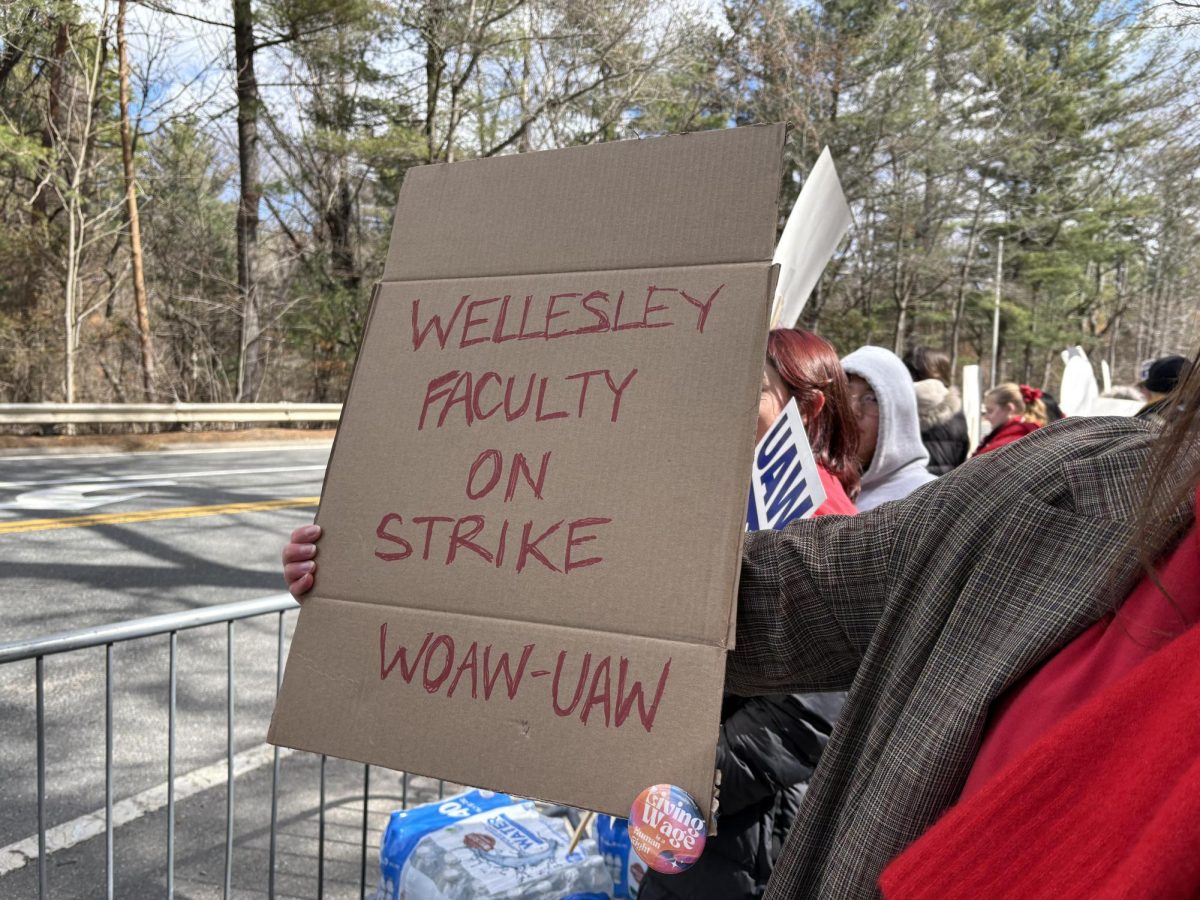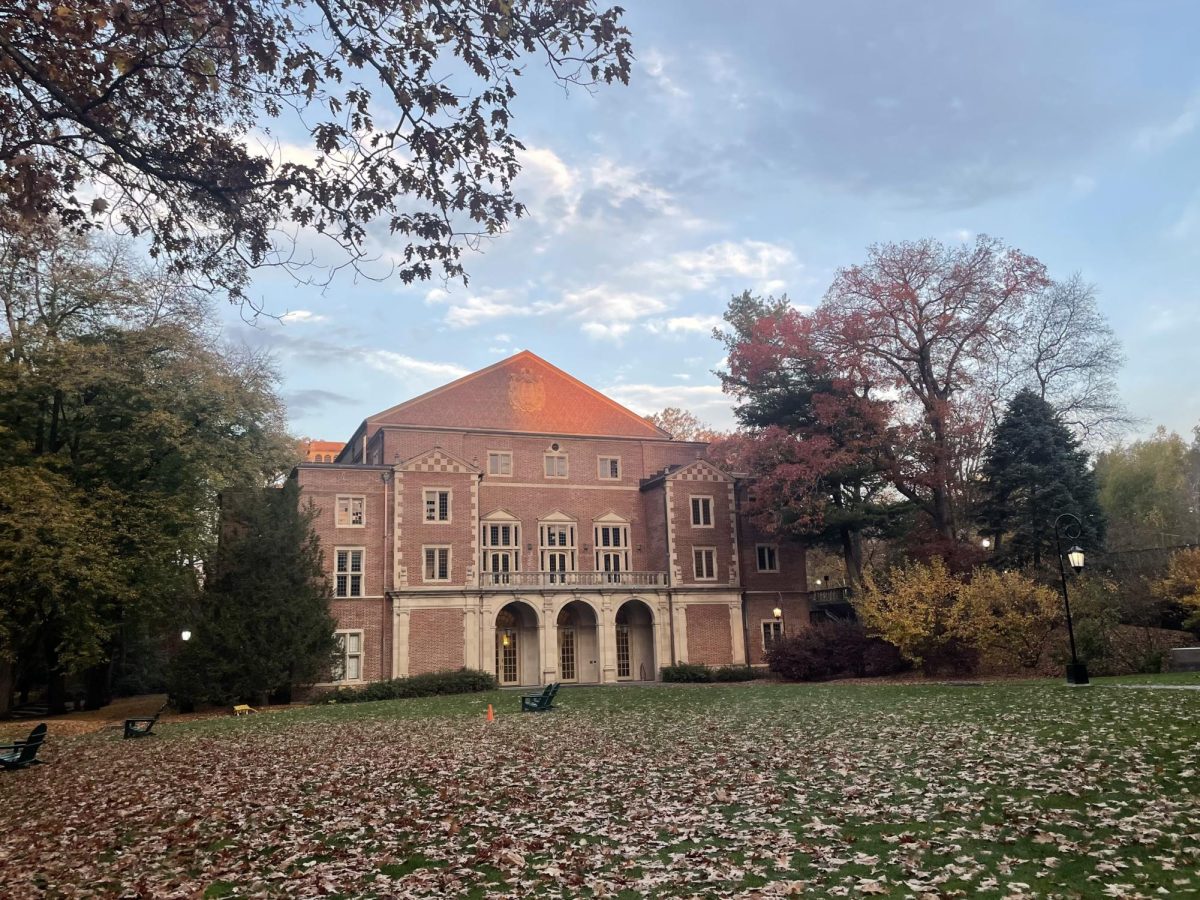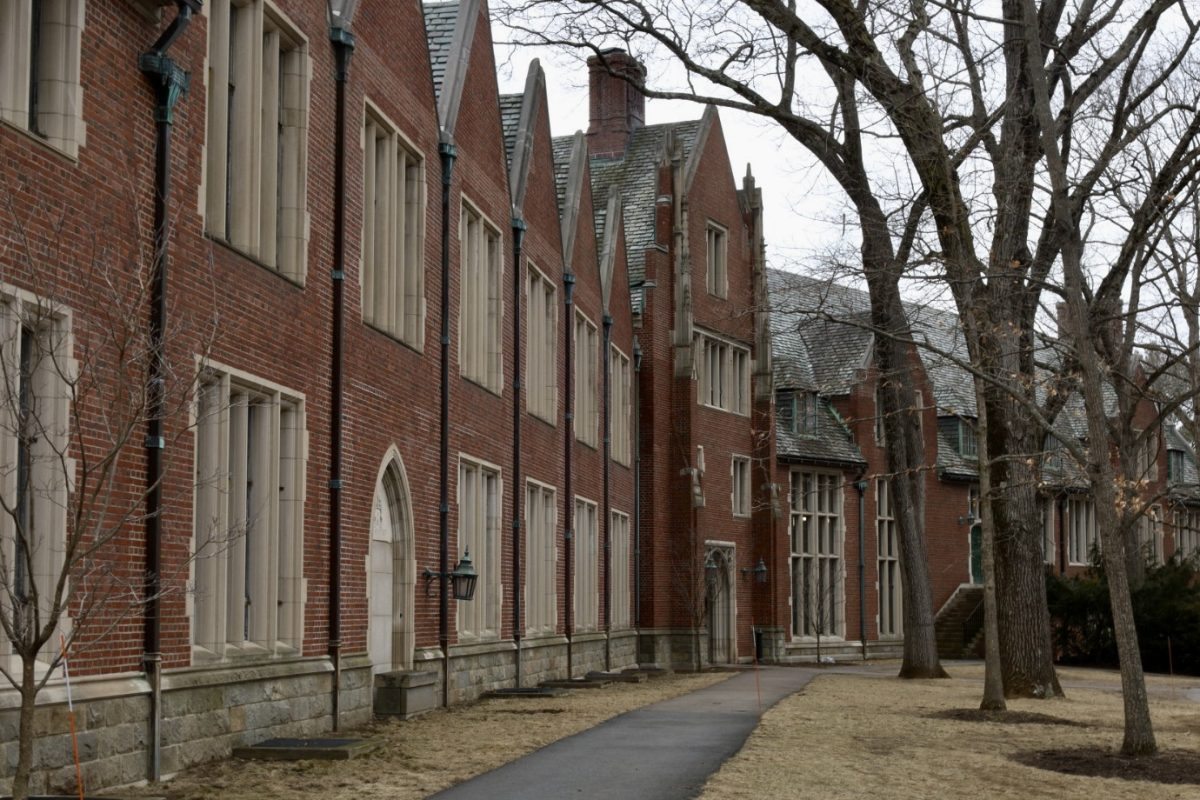The past few years have seen some shifts in the English department at Wellesley. In the past eight years, the department has lost five faculty members, mostly due to retirement. The department is significantly smaller than it was in 2016. This semester, no Shakespeare courses are being taught, despite being a recent (though now removed) major requirement and Shakepeare’s status as an eminent author.
The department conducted a self-study in the Fall of 2022 accompanying an external review process. In it, the English faculty discussed the department’s current state and what’s on the horizon.
The self-study identified some major changes to the department faculty and explained that the majority of senior faculty are made up of members hired since the mid-90s.
The department is also in search of new faculty members, after having lost five tenured faculty members. The Provost’s office and the Advisory Committee for Academic Staffing are part of the process of deciding how tenure lines are distributed among departments. Since departments do not own their tenure lines, the five open tenure lines in the English department are not guaranteed. Professor Yoon Sun Lee, chair of the English department and Anne Pierce Rogers professor of English, describes the outlook for the future of English department faculty.
“It’s been made pretty clear to us that we will not return to the original size we were in, say, 2017. We will remain a smaller department – but we’re trying to do the most with what we have, and I think we’re doing a very good job,” she said.
Lee also spoke to an increased reliance on visiting lecturers. The English department currently has a three-year Newhouse Visiting Professor of creative writing, Yvette Ndlovu, and two visiting lecturers, Professors Kathryn Winner and Odelia Lu. Lee said the hiring of more visiting lecturers was a response to lower faculty numbers and increased student interest in other areas of English and creative writing, including video game writing and television writing, classes among the newest to the department.
Faculty turnover in the department is often unavoidable, even if students and other faculty have a positive opinion of professors. English and creative writing major Luca Quintana ’25 said that Professor Cindy Juyoung Ok, who taught writing for television for only one semester, was a hard loss.
“I remember sitting in Professor Lee’s office talking about Professor Ok, and Professor Lee was telling me that there were so many efforts to keep her, but she talked about how there were a lot of higher-ups not letting her stay. It was really devastating to hear because she was really loved by everyone, and Professor Lee was just trying to improve the English department,” Quintana said.
Most recently, the department made a tenure-track hire this spring. Professor Kelly Rich, a current professor of English at Harvard, will join the department in the Fall of 2024. Rich specializes in global Anglophone literature.
Lee said that the search for a tenure track hire that specializes in African American or African diaspora for the 2025-26 year will also begin soon.
Lee is optimistic about the expansion to the English curriculum that Professor Rich and the next tenure-track faculty member will bring to the department. Since each new professor offers four courses, there are eight new English courses on the horizon.
“One thing that students can expect to see is an exciting broadening of the courses that we offer outside the more canonical English authors and writers,” she said.
This curriculum expansion comes as the English department’s major requirements are changing and the department has a reduced number of courses taught.
The self-study lays out the current state of courses taught: “The department has gone from teaching 70 courses in 2018-19 to 43 next year (23-24).”
However, Lee explained that enrollment numbers are still high in the department. “Nearly all of our classes this spring had only a handful of seats left in them,” she said.
Quintana said they took ENG 222, “Renaissance Literature: Identities and Bodies in Early Modern Literature,” in the spring of 2022 because of the high demand for English classes.
“There was a lot of demand for ENG 120 [Critical Interpretation], so they sent us to another Renaissance lit class,” Quintana said.
Since at least as far back as the Fall of 2016, the English department has taught at least one section of a Shakespeare course every semester. Lee explains that this semester’s lack of Shakespeare is just a fluke. The usual Shakespeare professors are Sarah Wall-Randall and Yu Jin Ko; Ko’s scheduled leave this semester happened to coincide with Wall-Randall’s lighter teaching load while serving as director of the Pforzheimer Learning and Teaching Center (PLTC).
Lee mentioned that it did affect some English majors, but the department was able to work around it.
“[It] led to a little bit of scrambling on the part of a small number of students who had actually waited to take their Shakespeare until their last semester – but we’ve come up with solutions for that,” she explained.
However, Lee also stressed that it did not reflect any disastrous state of affairs in the department. This year saw nothing unusual in terms of the number of leaves.
“We usually have anywhere from two to three, sometimes even more faculty on leave in any given year,” she said.
The changes in courses are accompanied by other changes to the major. In the wake of the self-study and external review, the department decided that starting with the class of ’28, ENG 120, traditionally about the analysis of lyric poetry, will no longer be a major requirement. Lee said that this was not only a decision born of practical considerations, including the smaller faculty, but also of changes to the English major itself.
“[It’s] a recognition on our part that the English major is changing and has already changed in many ways,” Lee said.
The ENG 120 requirement may be replaced with a different course, but these decisions have not yet been made. The other recent shift in the department’s major requirements was the decision to replace the Shakespeare requirement with an extra course in pre-1800s literature. Lee describes the rationale for the change:
“Of all the authors that we teach, Shakespeare might be the one that students are most likely to have had exposure to before coming to Wellesley. Also, Shakespeare commands a lot of recognition, and students are likely to want to take a Shakespeare course even if they don’t have to.”
The other major trend that Lee spoke to was a rise in the popularity of Creative Writing courses.
According to the self-study, overall enrollments in department courses between the 2012-13 year and the 2021-22 year dropped 27%. However, five creative writing courses accounted for 15% of the cumulative number of students taught in the department in those ten years.
“Creative writing has become a larger part of our curriculum and part of our department. We’re very proud of the fact that we’ve always integrated these two sides very well,” Lee reflected.
While the shift towards interest in creative writing courses is encouraging for Lee, the department has also seen a steady decline in English majors. This trend is not Wellesley-specific; in fact, Wellesley is faring better than other universities in the nation, according to Lee.
“Our numbers of majors have gotten smaller – certainly not as much as at many other places,” she said.
According to the Office of Institutional Research, there were 45 English majors in 2014, as compared to 27 in 2023. The 2022 self-study reported that over half of English majors were double majors. According to available Office of Institutional Research data, 67% of the graduated English majors had no second major in 2014. In 2023, only 42% had no second major.
The interest in creative writing may provide a reason for optimism and an avenue for creating plans for the department’s future.
“The demand for creative writing, I think, is actually something that might be an index of this broader shift towards stem as an area of major and English as something more like a complement,” Lee said. She pointed also to upcoming opportunities for creative writing beyond the classroom that can show students that there are career paths that lead from the English major.
“[The department] got a large gift to create internships specifically related to creative writing – that is going to take a year or so to work up, but it will lead to some really exciting opportunities for our students,” she noted.
The study noted a change in the environment at the College and an increased prioritization of STEM.
“While we applaud that goal [diversifying STEM fields], we also feel that at Wellesley the humanities are now largely overlooked, taken for granted, or the object of lip service … While we understand there to be an intricate plan for campus renovation that involves other buildings, we cannot help but feel that the new Science Center possesses an outsized significance as a symbol of and material investment in the college’s future,” the study read.
With the new humanities hub coming to the Clapp Library, more humanities student research on the horizon, and new internship opportunities in creative writing, Lee remains confident in the department’s future.
“We’re not aware of any particular crisis, but there are these kinds of long-term shifts. I do want to stress that compared to other English departments, our department is really healthy and doing extremely well, so we’re really proud of that.”




